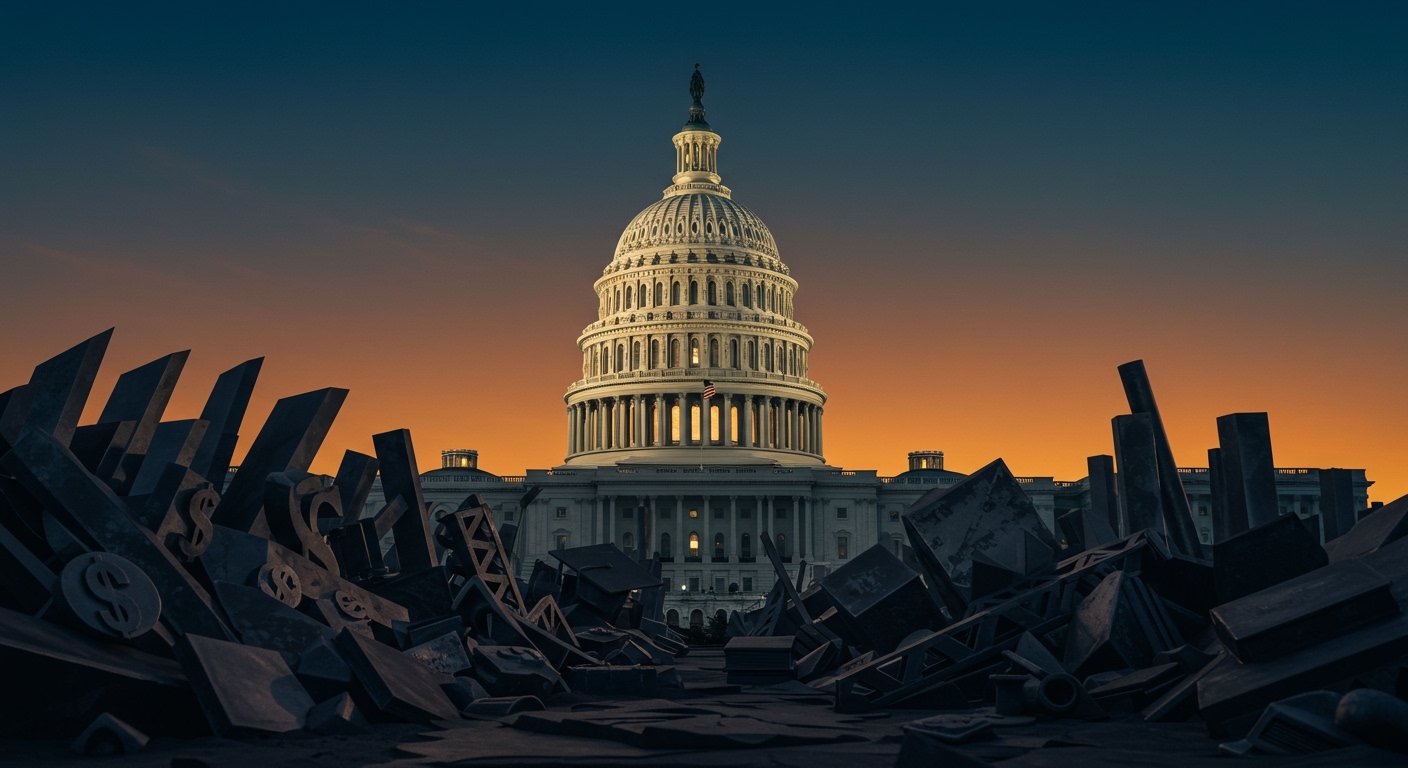Washington, D.C. – A federal judge in the nation’s capital has blocked a key measure implemented by the Trump administration aimed at restricting access to asylum for migrants arriving at the southern border. U.S. District Judge Randolph Moss of Washington ruled on Wednesday, July 2nd, that the administration’s order suspending asylum access was unlawful.
The order, initially issued on January 20, had been widely characterized as a pivotal component of President Donald Trump’s broader strategy to curb irregular migration across the U.S.-Mexico border. Critics had immediately challenged the legality of the directive, arguing it circumvented established U.S. law and international conventions regarding the right to seek refuge.
The Court’s Decision
In his detailed 37-page opinion, Judge Moss concluded that neither the U.S. Constitution nor existing immigration law provides the President with the authority to implement what he described as an “extra-statutory, extra-regulatory regime” designed to remove individuals without granting them an opportunity to apply for asylum. The judge found that the order overstepped the boundaries of presidential power by attempting to construct an “alternative immigration system” outside the legislative framework established by Congress.
Judge Moss’s ruling specifically highlighted that U.S. law permits individuals present on American soil, regardless of their point of entry or immigration status, to apply for asylum. The January 20 order sought to create exceptions to this process, effectively barring individuals who had not first sought protection in a third country they transited through, or who entered between official ports of entry.
The court’s finding underscores the principle that the legislative branch, Congress, holds the primary authority to establish immigration laws and procedures, while the executive branch is tasked with implementing and enforcing those laws. Judge Moss’s decision reinforces the judiciary’s role in reviewing executive actions to ensure they comply with the Constitution and statutory law.
A Temporary Stay
While Judge Moss unequivocally blocked the order, he tempered the immediate impact of his ruling by placing it on hold for a period of two weeks. This temporary stay is set to expire on July 16. The judge explicitly granted this grace period to provide the Trump administration with sufficient time to file an appeal with the U.S. Court of Appeals for the District of Columbia Circuit.
The two-week delay acknowledges the potential for disruption and allows the administration a window to seek a higher court’s review before the asylum process is potentially mandated to revert to its prior state for all applicants at the border. The decision to grant a stay is relatively common in cases involving significant policy shifts, balancing the court’s finding of illegality with the administrative need for transition or appeal.
Should the Trump administration choose to appeal, which is widely anticipated given the significance of the policy, the legal battle over the asylum restrictions would escalate to the appellate level. The outcome of such an appeal could further shape the landscape of U.S. immigration policy and the rights of asylum seekers.
Context and Border Trends
The asylum order was introduced by the administration as part of a multifaceted approach to manage and reduce the number of people attempting to enter the United States, particularly across the southern border. It was presented as a means to deter individuals from making the dangerous journey and to channel asylum claims through more formal and potentially international processes.
The ruling comes at a time when the White House has reported a significant decrease in the number of illegal border crossings. According to recent figures released by the administration, Border Patrol agents made 6,070 arrests of individuals attempting to cross illegally in June. This figure represents a substantial decrease of 30% compared to the number of arrests made in May.
The administration has attributed the decline in crossings to its various enforcement measures, including policies like the one challenged in Judge Moss’s court, as well as increased cooperation with neighboring countries. However, human rights advocates and legal experts argue that restrictive asylum policies often compel vulnerable individuals into more perilous situations or leave them stranded in dangerous conditions outside the United States.
Legal and Political Implications
Judge Moss’s ruling represents a significant legal setback for the Trump administration’s efforts to fundamentally alter the asylum process at the southern border. It underscores the limits of executive authority when potentially conflicting with established statutory law passed by Congress.
The two-week period until July 16 will be critical for the Department of Justice as it prepares its legal arguments for a potential appeal. The ongoing legal challenges surrounding the administration’s immigration policies highlight the deep divisions over how the United States should handle asylum seekers and manage its borders, ensuring the issue remains a central point of legal and political contention.











